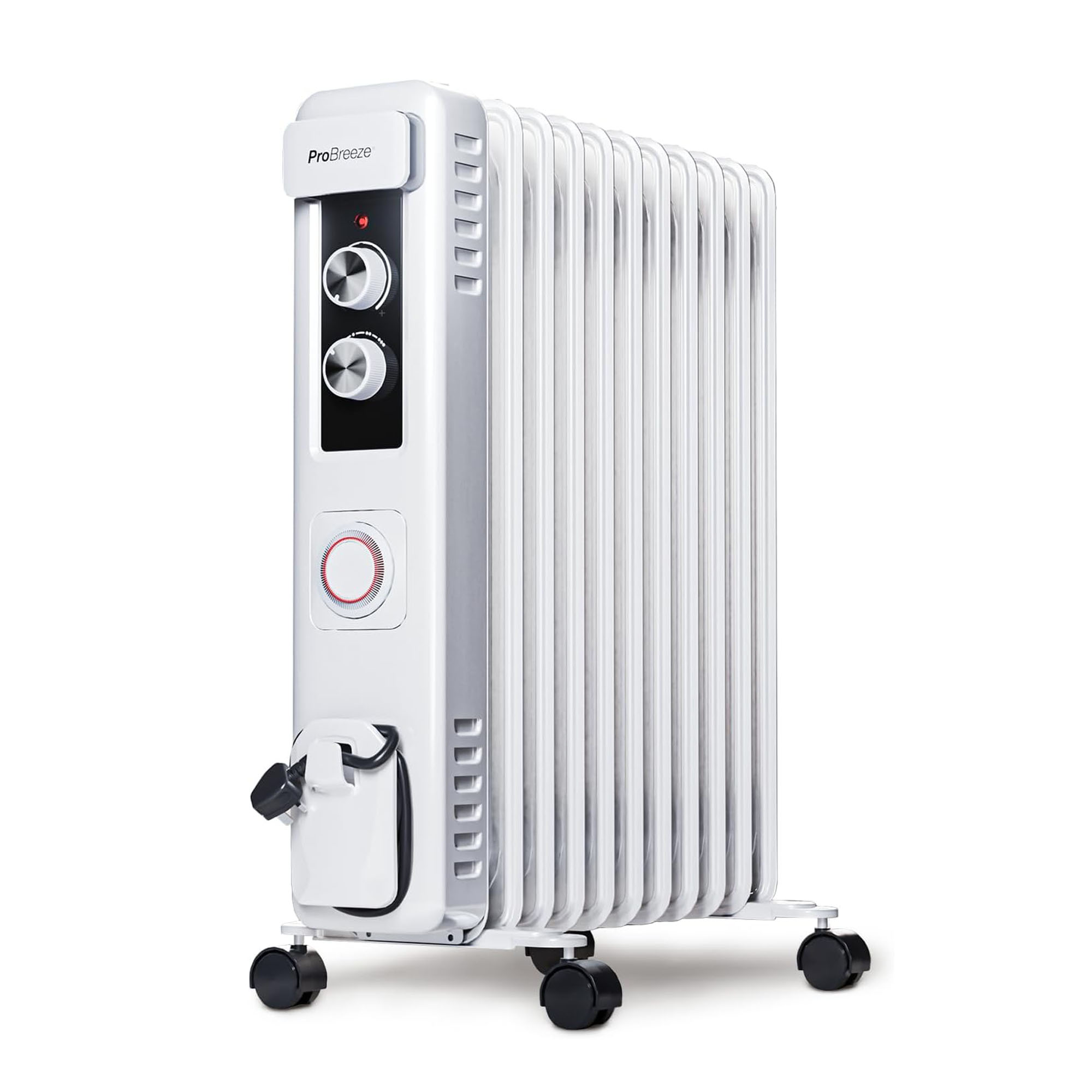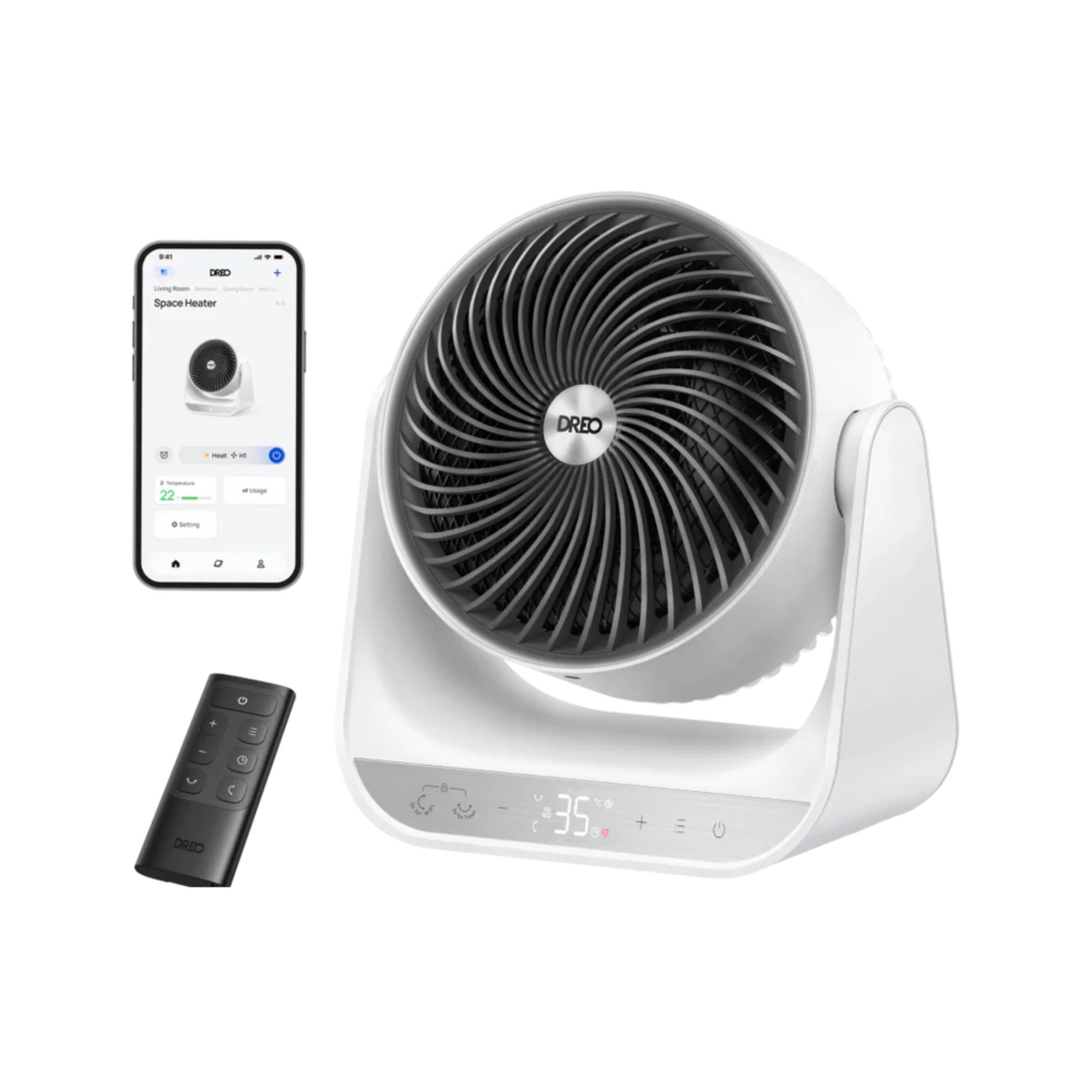How many hours a day should your heating be on right now? I asked the pros for a heating schedule that hits the sweet spot between warmth and efficiency
It turns out it’s not a one-size-fits-all answer

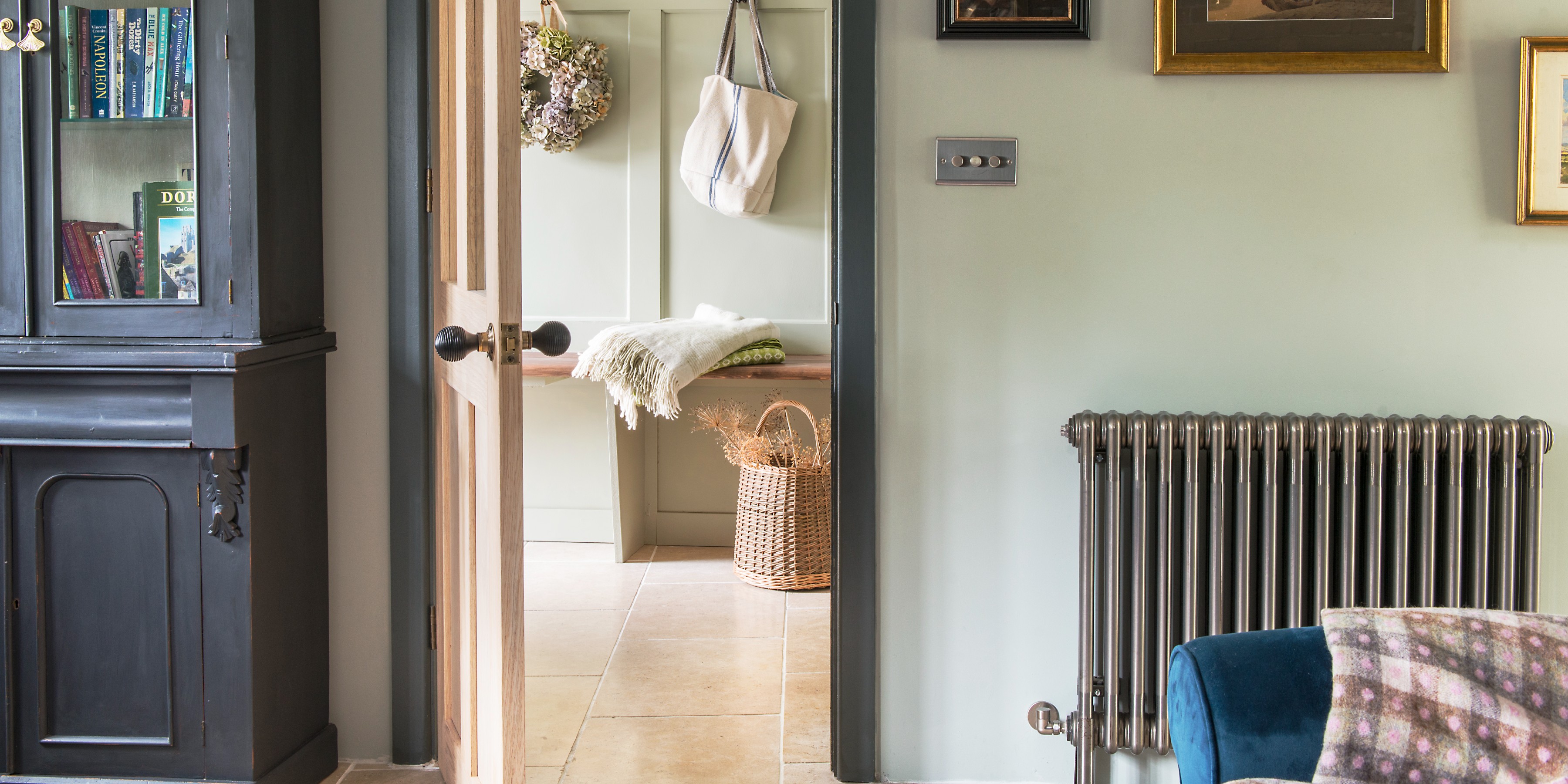
Sign up to our newsletter for style inspiration, real homes, project and garden advice and shopping know-how
You are now subscribed
Your newsletter sign-up was successful
The recent cold snap has given us a hint as to what we can expect for the rest of the winter — chilly times that will leave us all reaching for our thermostats to keep warm. But how many hours a day should you have your heating on to stay warm without sending your bills soaring?
After all, those frosty temperatures can wreak havoc with our heating bills at a time when we'd all rather save our hard-earned pennies for some festive fun instead. So it pays to know the most efficient way to heat your house.
I put the question as to how long your heating should be on each day to the heating pros to find the answer.
How many hours a day should your heating be on?
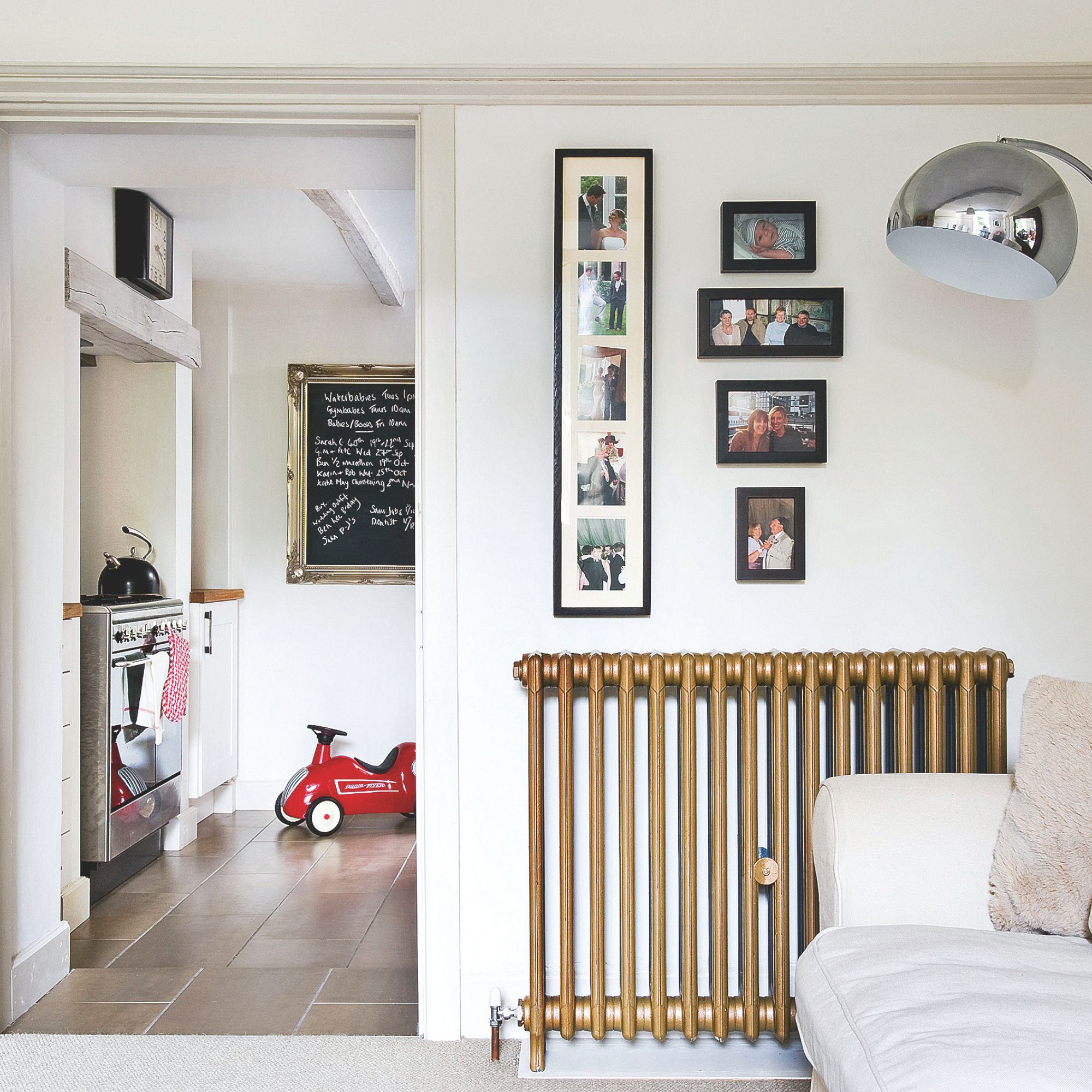
There's actually no set rule as to how many hours a day your heating should be on for, but it can be helpful to understand what other homeowners do to see whether you are using more or less heat to keep warm, as this could highlight any issues with heat retention your home may have.
'Most average working households have people out during the day and mainly home in the mornings and evenings,' explains Nicholas Auckland, heating and energy expert at Trade Radiators. 'Using this, we usually find that they'll only need their heating on for a few hours split across the day, such as 2 or 3 hours in the morning and up to 5 hours at night. This would be a maximum of 8 hours of having the heating on.'
But it's important to remember that every household is different, with a range of needs and preferences, so what works for one home may not be right for yours.
What factors impact how long your heating should be on for?
How long you need to have your heating on in order to stay warm will depend on a few important factors.
Sign up to our newsletter for style inspiration, real homes, project and garden advice and shopping know-how
'Not only does it depend on when members of the household are home, but it also depends on how the house holds heat, the type of heating used and even the age and circumstances of the individual household members,' says Nicholas.
It's worth considering how your home holds up against these factors when seeing if you could be using your heating more efficiently.
- How well insulated your home is. If your home is well insulated, it will hold on to the heat you generate long after the boiler goes off. But if there are signs your insulation needs replacing, you could be losing heat more quickly, and therefore needing to put your central heating on for longer.
- How many radiators you have. The more radiators you have in your home, the warmer it'll feel, but fewer radiators means your heating will have to work harder (and be on longer) to heat your home.
- How quickly your boiler heats up your radiators. 'If you have a newer boiler, it'll likely be quicker at heating up the rest of your home,' says Nicholas. 'If your home heats up quickly and has good insulation, you'll likely need to have the heating on less.'
- The orientation of your home. If your home faces south, you may benefit from solar gain, which will help warm it up before you need to use your heating. But if it faces north, you could find it feeling chillier and needing to use your heating more.
- The age and heath of your household. If you have babies, young children, elderly relatives or anyone with a health concern in your household, you may need to have the heating on longer or at a higher temperature.
What's a good example heating schedule for the average home?
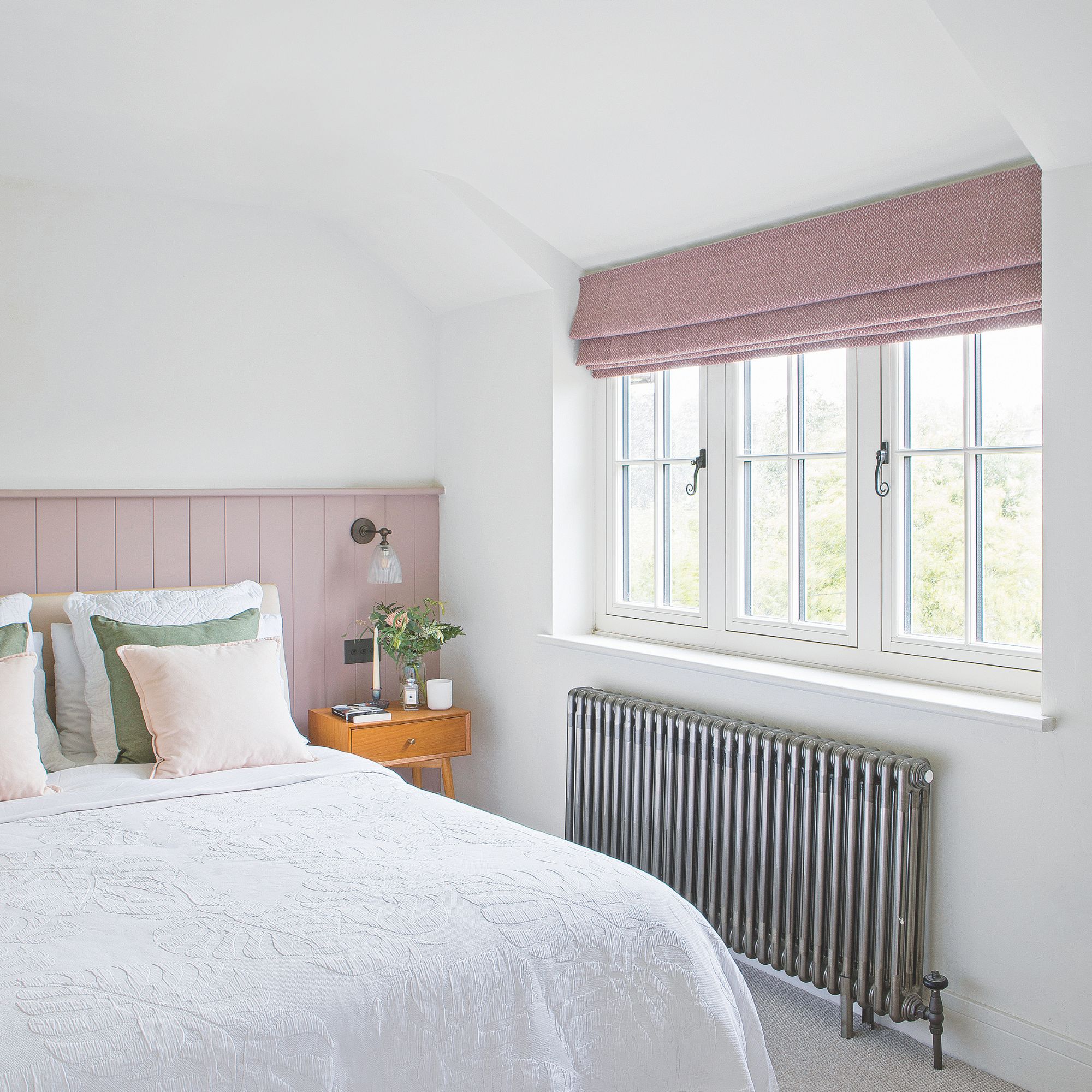
Despite rumours to the contrary, it's not cheaper to leave your heating on low all day, and so programming your heating to come on at set times is a wiser option.
'Running your heating on a timer is always the smarter choice compared to leaving it on low all day,' explains Nick Duggan, Director of The Radiator Centre. 'When the heating is constantly running, even at a low temperature, your boiler is still working and using energy unnecessarily. By setting a timer, you’re only warming your home when you actually need it, so you get comfort without the waste.
'This approach will absolutely help reduce your energy bills. By heating in short, controlled bursts, you’re using less fuel overall, which makes a noticeable difference, particularly during the colder months when every saving counts.'
To help control your heating in the most efficient way possible, investing in a smart thermostat can help, like this Hive version on sale at Amazon, for £68. Compatible with combi boilers, the Hive is really easy to use, and you can use its companion app to control and schedule your heating from anywhere.
If room-by-room control is more of what you are after, then the Tado Wireless Smart Thermostat X, available on Amazon, used in conjunction with thermostatic radiator valves, is a good option for complete heating control.
But what's a good schedule to follow if you want to find the sweet spot between warmth and efficiency?
- First thing in the morning. 'Setting your heating to come on around half an hour before you wake up will ensure your home is warm in the morning,' says heating expert Jamie Heath from Build & Plumb.
- Off during the day if you won't be home. 'If you’re out during the day, it’s best to program your heating system to turn on in the morning and remain off until you return in the evening,' adds Jamie. 'This will prevent you from wasting energy during the day when your house is not in use.'
- Or a lunchtime burst if you are home during the day. If you find you get a bit chilly while you're home during the day, it can be better to use a oil-filled radiator or electric heater to heat the room you are in, rather than the whole house unnecessarily.
- Later afternoon/early evening. Timing your heating to come on about 30 minutes before you get home will ensure you're coming home to a place that feels warm and cosy, and not like a fridge. Having it on for a couple of hours may be all that's needed, depending on how well your home retains heat.
'Alternatively, rather than turning your heating off completely when leaving the house, you can program a ‘setback’ temperature on your thermostat,' advises Jamie. 'This programs your heating to turn on if your house temperature drops below a certain temperature, typically between 16°C to 18°C. Programming a ‘setback’ temperature is highly beneficial as it prevents your house from becoming too cold when you’re away or asleep, which can cause problems like damp or mould, without consuming too much energy.'
FAQs
What's the ideal room temperature?
The ideal room temperature is between 18 and 21°C, according to the Energy Saving Trust. This is supported by the World Health Organisation that states in its Housing, Energy and Thermal Comfort report that a minimum of 18°C will provide an 'adequate standard of warmth' for healthy adults in appropriate clothing in the UK.
But once night falls and you are snuggled under your duvet, you likely won't need it to be this warm.
However for babies, young children, the elderly and those with health concerns, you may need to keep your home warmer than this.
What are your options if you are still cold?
If you've got your heating on a schedule, but feel like you are constantly clicking the 'Extra Hour' button but cringing at the added expense, there are fortunately plenty of other effective solutions that can help you stay warm without relying on your central heating more than you need to.
But remember, for these options to be most effective, it's worth keeping doors and windows closed and blocking any draughts. This draught excluder strip, £5 from Amazon, is really effective and budget-friendly.
For a cosy option that uses no electricity at all, you can't go wrong with a cosy winter throw, like this sherpa fleece blanket, also from Amazon.
For a more long-term solution for making your home warmer in winter, it's a good idea to get your heating system and existing insulation assessed so that they are working in harmony with each other.
If you want to reduce your heating and electricity bills, then follow our tips for how to save energy at home.

Sarah Handley is Ideal Home’s Renovation and Home Editor. She joined the team full time in September 2024, following three years of looking after the site's home finance content. As well being well versed in all things renovation, Sarah is also a home energy expert, covering all aspects of heating and insulation as well as tips on how homeowners can reduce their energy usage. She has been a journalist since 2007 and has worked for a range of titles including Homebuilding & Renovating, Real Homes, GoodtoKnow, The Money Edit and more.
